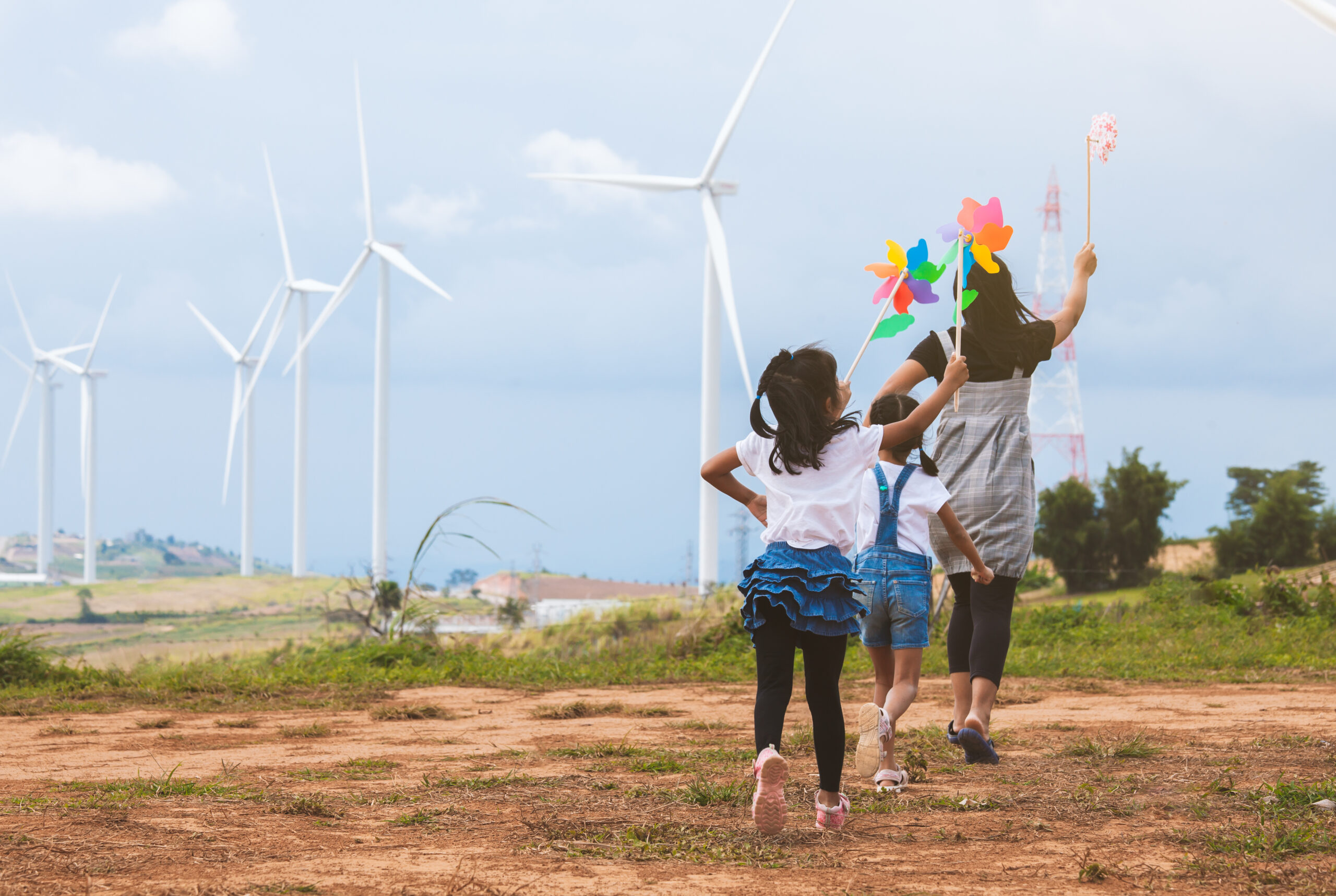With the government ploughing ahead with the re-wiring the nation rhetoric and discussions about $10,000/km costs for land the attention of the AEMC and others have naturally been drawn to the requirement for community engagement.
Many panels and speakers at this years’ All Energy conference in Victoria honed in on the requirements for the local communities to be brought into the fold regarding Renewable Energy Zones, Transmission and the benefit this could bring to those communities.
The AEMC have taken this a step further and on Thursday released the final requirements which are required for any transmission projects to get through the regulatory investment test (RIT-T). They are expecting for this engagement to be across all affected parties from councils to local landowners and will ensure they not only have clear information about the proposals but they are aware of the rights they hold.
Taking directly from the AEMC announcement the main changes being made include:
- Stakeholders are to receive information that is clear, accessible, accurate, relevant and timely and explains the rationale for the proposed project.
- Engagement consultation materials, methods of communication and participatory processes must be tailored to the needs of different stakeholders.
- The stakeholders’ role in the engagement process must be clearly explained to them, including how their input will be taken into account.
- Stakeholders are provided with a range of opportunities to be regularly involved throughout the planning of ‘actionable’ or ‘future’ Integrated System Plan (ISP) projects and Renewable Energy Zones (REZs).
This is timely given the announcement from Chris Bowen who was speaking at the Future Energy conference in Adelaide this week who amongst his optimistic speech stated that “a properly constructed renewable grid is a reliable grid… is one that we can count on in difficult times,” and that access to transmission or delays in building new infrastructure would be the main contributor to Australia not meeting its targets.
These targets are now set to 82% of Australia’s energy coming from renewable sources by the end of the decade, and GHG emissions cut by 45% (in comparison to 2005 levels) by the same time.
However, with the focus of the government squaring in on transmission as the key messaging to Australia missing its targets and not the lack of cohesive renewable energy strategy for the past 10 years or the governments approvals of new gas fields, you do wonder if that is part of the reason our Minister for Climate Change and Energy is ducking the hard questions at this years COP28 in Dubai which starts at the end of the month.
The announcement that he is dispatching his Assistant Minister, Jenny McAllister has not gone unnoticed, especially by the pacific islands our Prime Minister is trying to woo this week. With those nations key to Australia being announced as the COP31 hosts, Turkey is stating they would also be interested, they intend to firmly hold Australia to its climate promises and pointing the finger will not wash with their nations at the forefront of recent climate disasters.
